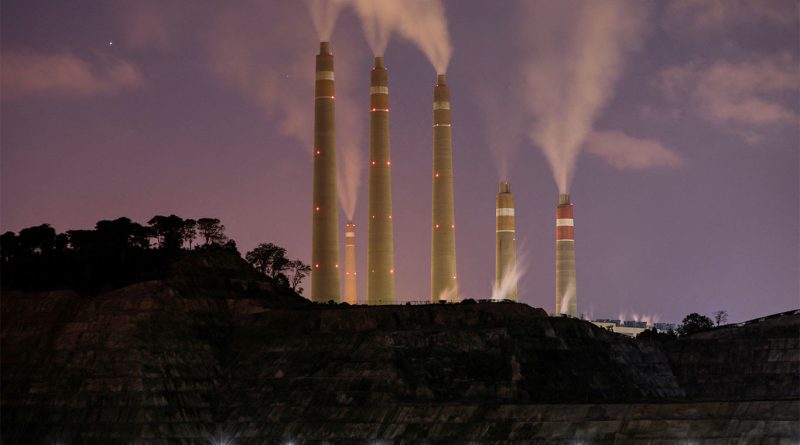Indonesia’s green shift under the shadow of US–China rivalry
Subscribe to our free newsletter today to keep up to date with the latest energy, oil and gas news.
Indonesia holds some of the world’s largest reserves of nickel, copper, cobalt, and other minerals crucial to clean energy systems. Nickel, in particular, is essential for battery technologies used in electric vehicles and renewable energy storage.
Recognizing this strategic value, Indonesian leaders aim to move beyond exporting raw materials toward becoming a processing and manufacturing center. Their national strategy includes smelting, refining, and battery assembly.
But those goals face significant headwinds. The national grid still relies on coal for nearly 60 percent of electricity generation. Renewable energy investments remain limited by low tariffs, fossil fuel subsidies, and regulatory uncertainty. Indonesia also lacks a transparent wholesale electricity market and has limited domestic capacity in high-tech manufacturing.
Still, the government has pledged to generate 44 percent of electricity from renewable sources by 2030. This target reflects both climate goals and efforts to draw international investment, particularly from countries looking to secure resilient supply chains.
China’s embedded influence in Indonesia’s minerals and energy sectors is already deep and expanding
China moved early and decisively. State-linked Chinese firms have invested billions in Indonesian smelters, industrial parks, and mining infrastructure. These projects span the entire supply chain, extraction, processing, and in some cases, manufacturing.
By 2023, Chinese companies had signed over $50 billion in energy and mineral deals with Indonesia. Many smelters operate within special economic zones and are powered by coal, raising concerns over emissions despite their alignment with clean energy inputs.
For Indonesia, the advantages are clear: capital inflows, infrastructure development, and job creation. But China’s influence also brings drawbacks. Transparency and environmental safeguards remain limited. Critics say some investments have led to deforestation, land conflicts, and excessive reliance on one geopolitical partner.
Moreover, Chinese dominance makes it difficult for Indonesia to meet sourcing requirements for Western markets. Many US and EU policies mandate that clean energy inputs originate outside of China, which complicates Indonesia’s plans to enter those supply chains.
The US strategy is high in ambition but low in delivery
The US-backed Just Energy Transition Partnership was launched in 2022 with a $20 billion funding package to help Indonesia retire coal plants and scale renewables. But to date, only a small portion of that funding has been disbursed. The US has since pulled back from some components of the agreement, weakening its influence.
Other initiatives have emerged. The US has pushed for Indonesia’s participation in the Minerals Security Partnership, designed to build secure, China-free supply chains. Indonesia has also proposed a joint venture between its sovereign wealth fund and American partners focused on critical minerals.
These moves show strategic intent, but implementation has lagged. Complex environmental, legal, and financial requirements have slowed projects. And while Washington emphasizes clean governance and environmental standards, it has yet to offer Indonesia the same speed or scale of support China already provides.
Indonesia’s nonalignment strategy offers leverage but demands careful balance
Jakarta continues to pursue what it calls “active and independent” foreign policy. Rather than choosing sides, Indonesia seeks to extract value from both China and the United States. Domestic processing mandates now require foreign companies to refine minerals in-country rather than export raw ore.
This policy has attracted investment but also sparked legal challenges and raised environmental questions. Enforcement varies, and safeguards are still evolving. Balancing domestic interests with international expectations remains a tightrope walk.
Indonesia also uses its leverage to bargain for better terms, pushing for technology transfer, infrastructure development, and job creation. But with growing dependence on external capital, the country faces long-term risks if one partner becomes too dominant.
The stakes are global. If Indonesia succeeds, it could become a model for other mineral-rich nations. It would show that countries can shift from raw material exporters to clean energy producers while protecting national interests.
If it fails due to environmental damage, political missteps, or overdependence on one power, the consequences would extend beyond Indonesia. It could discourage investment, reinforce extractive models, and delay progress toward net-zero goals.
Sources:
